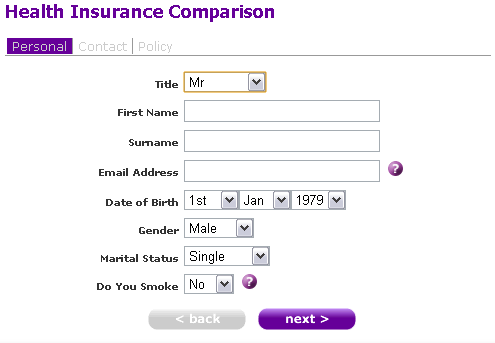If the outbreak of swine flu has proven anything, it’s that healthcare systems in Western countries – despite all their flaws – are generally better prepared to deal with such pandemics than their poorer counterparts in Africa, Latin America and parts of Asia. Moreover, whilst the British government may be stocking up on Tamiflu and Relenza to treat people in the UK who contract the H1N1 virus, this is likely to be of little comfort to British expatriates.
As a result, many experts have urged expatriate communities to seek out comprehensive health insurance policies to protect their medical interests, particularly in countries where hospitals and medical facilities can be unreliable. Navigating the minefield of international medical cover can be difficult – what kind of insurance will you need and how much should you pay? By keeping your most important requirements in mind – and seeking some advice from knowledgeable sources – finding the answers to these questions needn’t be difficult.
How to approach buying international health insurance
As technological advances and the globalised economy continue to make the world a smaller place, British expatriate communities are expanding. For many of these people, dealing with healthcare systems in their chosen country of residence can be the hardest thing about living abroad. For starters, accessing medical treatment on the NHS in the UK is largely free – in other countries, this is unlikely to be the case. Therefore, finding an international health insurance policy that covers the costs you may incur when being treated abroad is essential.
Expatriate financial website ShelterOffshore.com highlights the fact that most international health insurance policies offer similar ‘one-size-fits-all’ policies, wherever in the world the policyholder may live. Depending on which level of cover you opt for – from basic packages to comprehensive policies – these can include a range of benefits, from recouping the costs of GP visits to covering repatriation in the most severe cases.
However, it may not always be necessary to have all of these cover options. In countries with exceptional medical facilities, such as Germany, it’s unlikely you will need to be flown back to the UK for treatment. On the other hand, if you live in rural China, you’re likely to need more sophisticated health insurance in order to cover the cost of transport to the nearest urban centre with access to high-quality healthcare . In fact, one US-based insurer recently revealed to The Telegraph that it could cost up to £20,000 extra to airlift a patient from rural China to Hong Kong or Singapore for medical treatment.
Getting the most out of an expatriate medical insurance policy
If you’re keen to purchase an expatriate health insurance policy that can be moulded to your needs, it’s best to contact a well-established medical insurer – for example BUPA or AXA PPP Healthcare – directly. Alternatively, ask others in your expatriate community who they would recommend for medical insurance. If you work for a multi-national organisation, it’s also possible they already have a preferred health insurance provider with discounted rates for employees.
In the event that no specialist international health insurance provider meets your needs, why not go local? Insurance comparison websites will help you find the insurer that best meets your healthcare requirements. Ultimately, the more research you carry out before purchasing your expatriate health insurance policy, the better you’ll be able to find comprehensive cover at a price you can afford.
About Insurancewide
Insurancewide, also known as Insurancewide.com Services Limited, is an online insurance comparison website offering insurance comparison tools that allow users to search the market and procure the best insurance policies and quotes. Insurancewide was launched in August 1999 as the first insurance comparison website on the internet. The site also powered tools used on popular website Confused.com. Insurancewide is FSA regulated.
Via EPR Network
More Financial press releases

